Filter by
The language used throughout the course, in both instruction and assessments.
Choose the Food Science Course That Aligns Best With Your Educational Goals
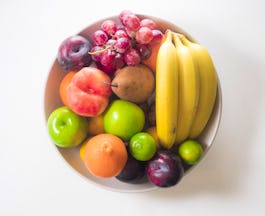 Status: Free
Status: FreeStanford University
 Status: Free
Status: FreeThe Hong Kong University of Science and Technology
 Status: Free
Status: FreeUniversity of Manchester
 Status: Free
Status: FreeStanford University
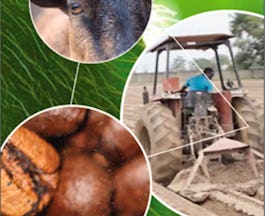 Status: Free
Status: FreeUniversity of Copenhagen
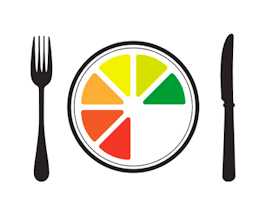 Status: Free
Status: FreeThe University of Edinburgh
Skills you'll gain: Critical Thinking
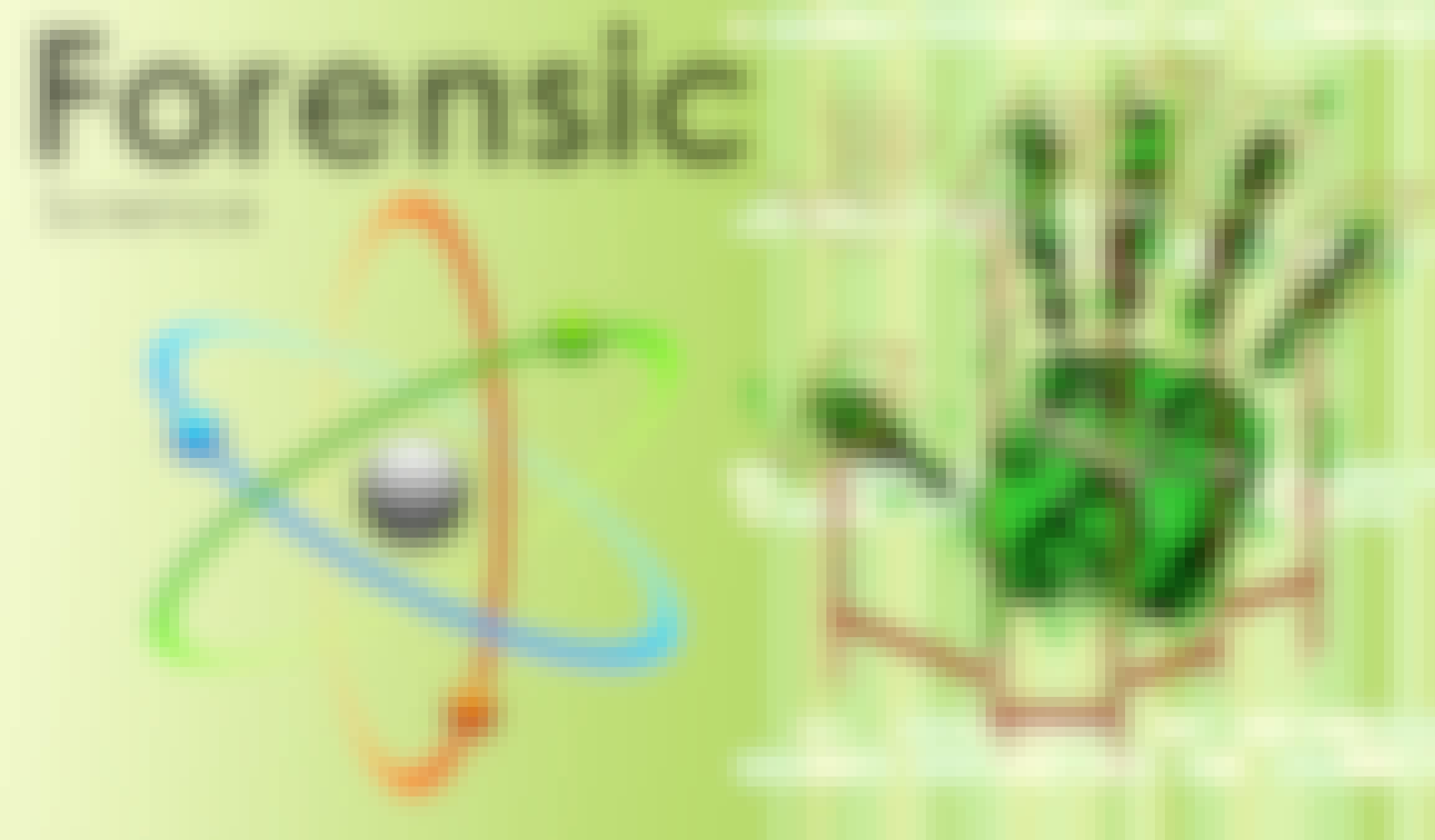 Status: Free
Status: FreeNanyang Technological University, Singapore
Skills you'll gain: Critical Thinking
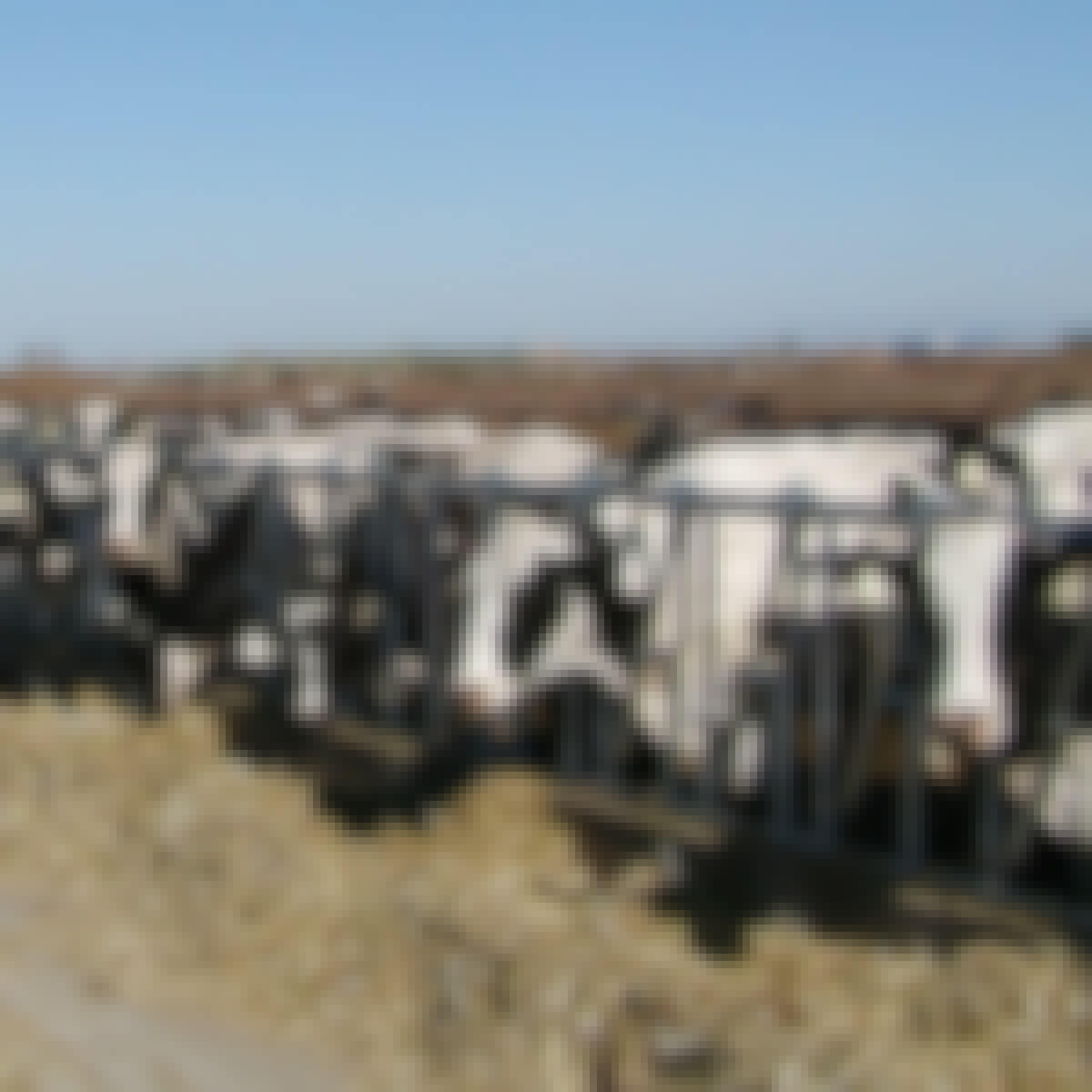 Status: Free
Status: FreeThe Pennsylvania State University
Skills you'll gain: Leadership and Management
 Status: Free
Status: FreeYale University
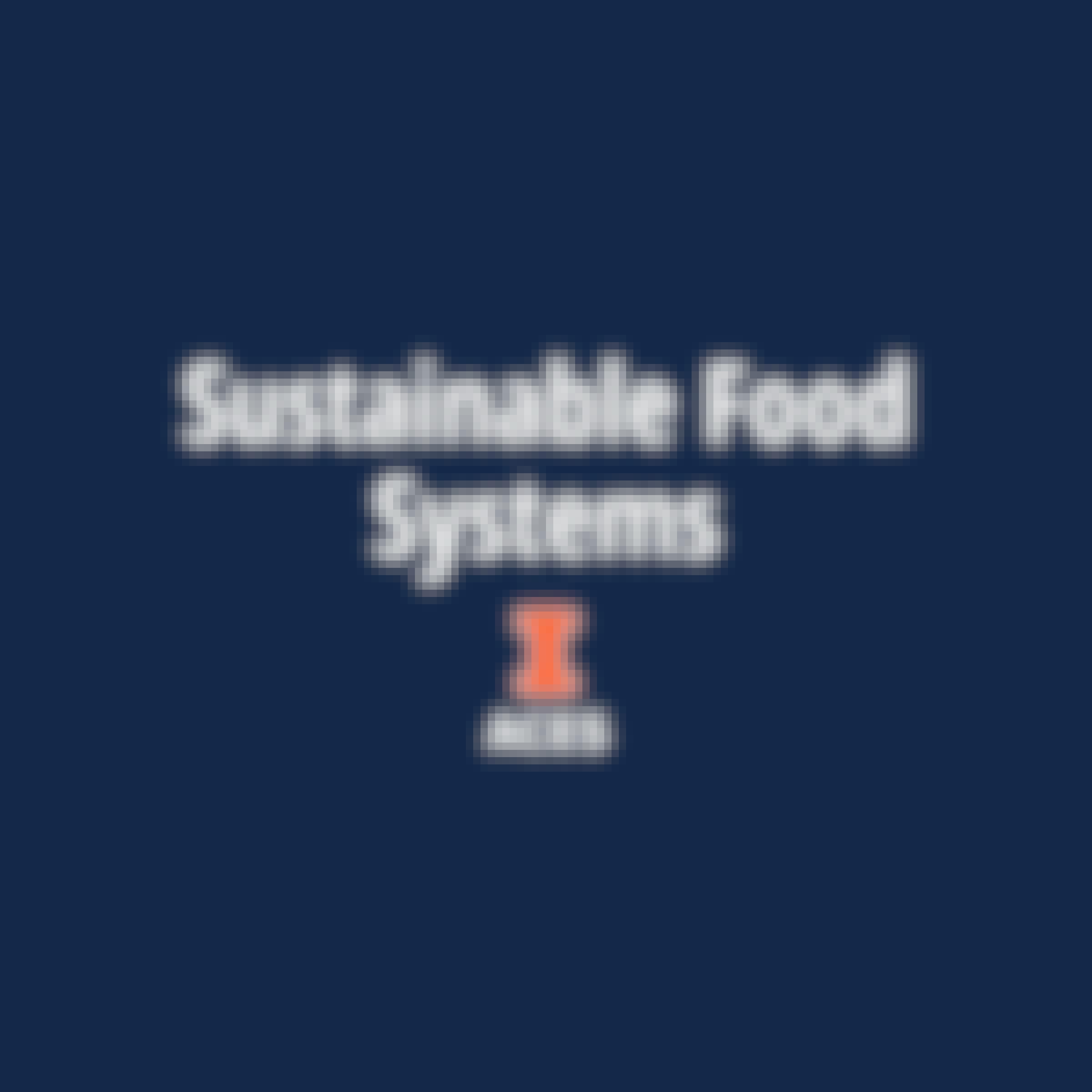
University of Illinois at Urbana-Champaign
Skills you'll gain: Behavioral Economics, Culture

Stanford University

University of California, Davis
In summary, here are 10 of our most popular food science courses
- Stanford Introduction to Food and Health: Stanford University
- The Science of Gastronomy: The Hong Kong University of Science and Technology
- Industrial Biotechnology: University of Manchester
- Child Nutrition and Cooking: Stanford University
- Transformation of the Global Food System: University of Copenhagen
- Understanding Obesity: The University of Edinburgh
- Introduction to Forensic Science: Nanyang Technological University, Singapore
- Dairy Production and Management: The Pennsylvania State University
- The Science of Well-Being: Yale University
- Sustainable Food Systems: University of Illinois at Urbana-Champaign










